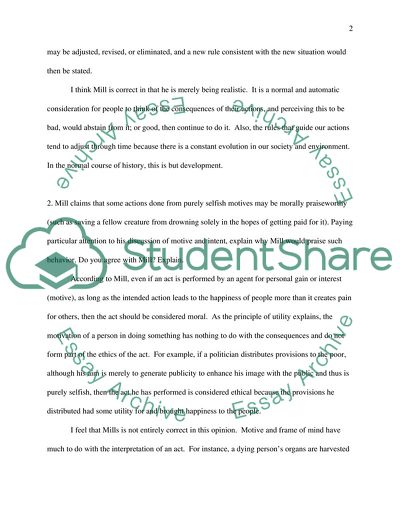Cite this document
(Rule Utilitarianism According to Mill Example | Topics and Free Essays - 5, n.d.)
Rule Utilitarianism According to Mill Example | Topics and Free Essays - 5. https://studentshare.org/philosophy/1895142-philosophy
Rule Utilitarianism According to Mill Example | Topics and Free Essays - 5. https://studentshare.org/philosophy/1895142-philosophy
(Rule Utilitarianism According to Mill Example | Topics and Free Essays - 5)
Rule Utilitarianism According to Mill Example | Topics and Free Essays - 5. https://studentshare.org/philosophy/1895142-philosophy.
Rule Utilitarianism According to Mill Example | Topics and Free Essays - 5. https://studentshare.org/philosophy/1895142-philosophy.
“Rule Utilitarianism According to Mill Example | Topics and Free Essays - 5”. https://studentshare.org/philosophy/1895142-philosophy.


